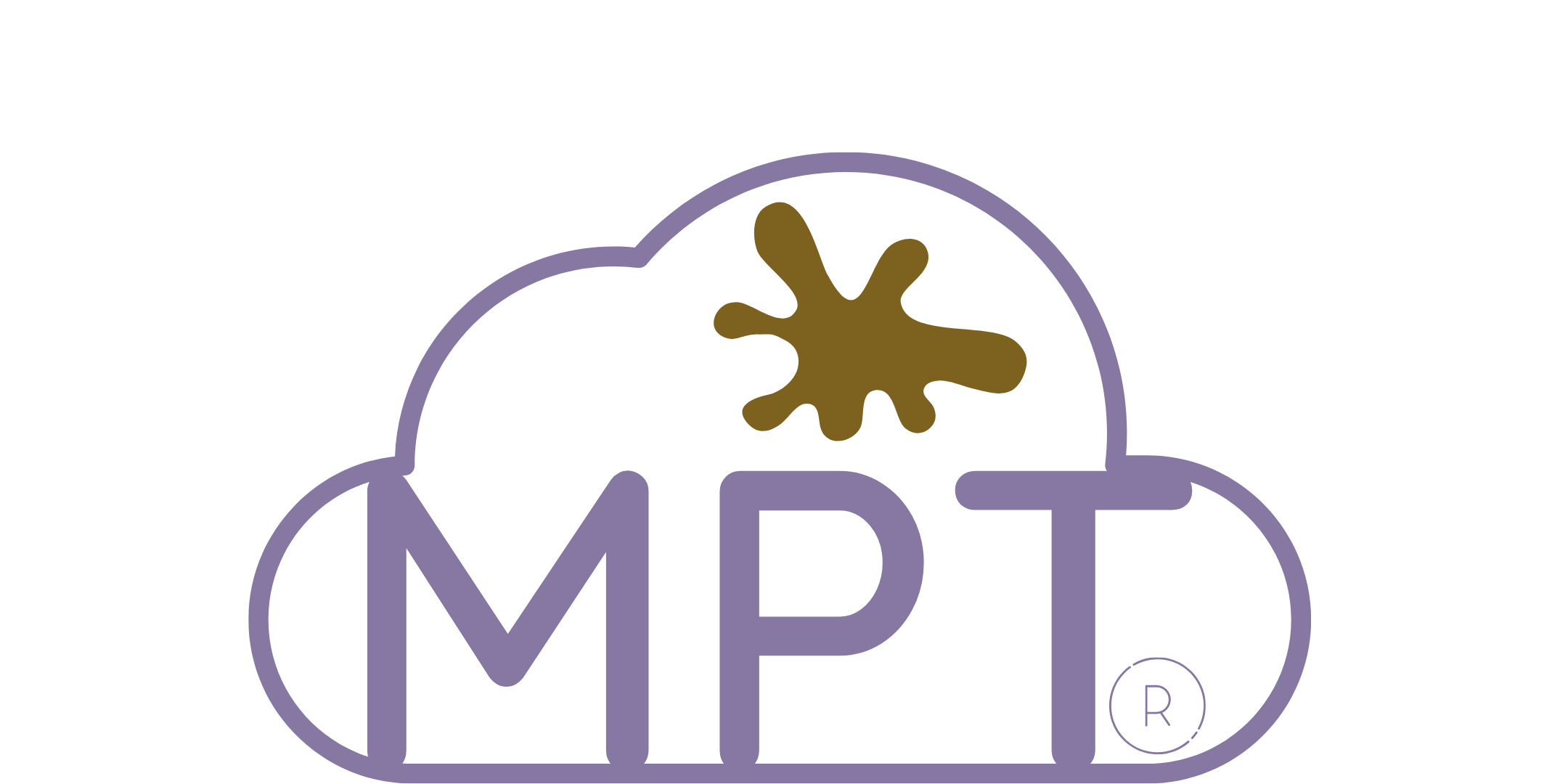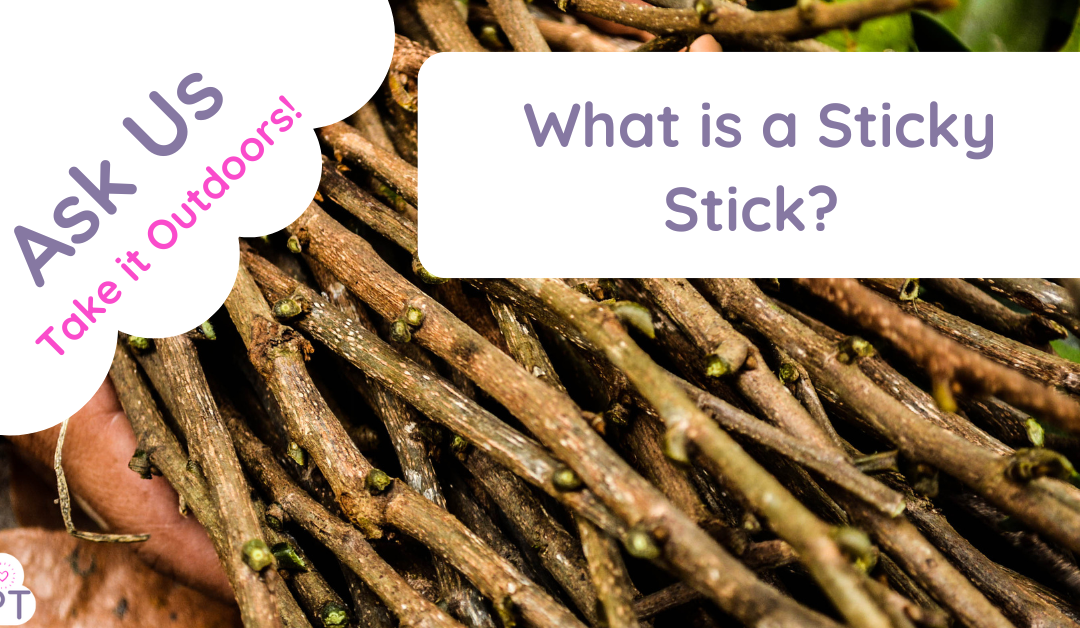What Is a Sticky Stick in Muddy Phonics?
Phonics is a crucial part of early literacy education, helping children understand the relationships between letters and sounds. Muddy Phonics, a nature-based learning approach developed by the Muddy Puddle Teacher, introduces innovative and engaging methods to teach phonics outdoors. One of the key tools used in Muddy Phonics is the “sticky stick.” This blog post explores what a sticky stick is, how it is used in phonics instruction, and the benefits of incorporating it into outdoor learning activities.
Understanding the Sticky Stick
A sticky stick is a simple yet versatile tool used in Muddy Phonics to help children learn and practice phonics skills. It is typically a small stick, collected from the natural environment, which is then covered with a sticky substance like double-sided tape or natural sap. Children use the sticky stick to collect various natural materials, such as leaves, petals, and small twigs, which are then used in phonics activities.
How to Create a Sticky Stick
Creating a sticky stick is an easy and fun activity that involves the following steps:
- Collect Sticks: During an outdoor adventure, encourage children to find small sticks that are easy to hold.
- Apply Sticky Substance: Cover one end of the stick with double-sided tape, glue, or a natural adhesive like tree sap.
- Gather Natural Materials: Children can then use the sticky end of the stick to collect natural items like leaves, petals, and small twigs.
External Resource: Outdoor Learning Activities
Uses of Sticky Sticks in Muddy Phonics
1. Sound Hunts
Children use sticky sticks to collect items that start with a specific phonetic sound. For example, for the sound /b/, they might collect a leaf, a blade of grass, and a small branch.
External Resource: Phonics Sound Hunts Internal Resource: Muddy Puddle Teacher – Phonics Sound Hunts
2. Letter Formation
Using the materials collected on their sticky sticks, children can form letters on the ground. This tactile experience helps reinforce letter shapes and sounds.
External Resource: Tactile Phonics Activities
3. Nature Collages
Children can create collages with their collected materials, which can then be labelled with the corresponding phonetic sounds. This activity combines creativity with phonics practice.
External Resource: Nature Collage Ideas
4. Word Building
Sticky sticks can be used to gather materials to represent different phonemes in a word. Children can then arrange these materials to spell out words on the ground.
External Resource: Phonics Word Building
5. Interactive Storytelling
Children can use their sticky sticks and the collected materials to create stories that incorporate the phonetic sounds they are learning. This makes phonics more engaging and meaningful.
External Resource: Interactive Storytelling for Phonics
Benefits of Using Sticky Sticks in Phonics Education
1. Engages Multiple Senses
Using sticky sticks engages multiple senses, which can enhance memory and understanding. Children see, touch, and sometimes even smell the materials they collect.
External Resource: Multisensory Learning
2. Promotes Outdoor Learning
Sticky sticks encourage outdoor exploration and learning. This approach helps children develop a connection with nature while learning important phonics skills.
External Resource: Benefits of Outdoor Learning
3. Enhances Fine Motor Skills
Manipulating the sticky stick and the collected materials helps improve fine motor skills, which are crucial for writing and other academic tasks.
External Resource: Fine Motor Skills Development
4. Encourages Creativity
Creating nature collages and storytelling with sticky sticks encourages creativity and imagination, making learning more enjoyable.
External Resource: Encouraging Creativity in Learning
5. Reinforces Phonetic Awareness
Using natural materials to represent phonetic sounds reinforces phonetic awareness and helps children make connections between sounds and letters.
External Resource: Phonemic Awareness Activities
Integrating Sticky Sticks into the Curriculum
1. Phonics Treasure Hunt
Create a treasure hunt where children use their sticky sticks to find and collect items that start with different phonetic sounds. This can be a fun way to review multiple sounds.
External Resource: Phonics Treasure Hunt Ideas
2. Seasonal Activities
Incorporate sticky sticks into seasonal activities, such as collecting autumn leaves or spring flowers. This keeps the learning relevant and exciting.
External Resource: Seasonal Outdoor Activities
3. Cross-Curricular Connections
Use sticky sticks in other subjects, such as science (collecting leaves for a plant study) or art (creating nature-inspired art pieces). This shows children how phonics is connected to all areas of learning.
External Resource: Cross-Curricular Phonics Activities
Recommended Resources from Muddy Puddle Teacher
To support the use of sticky sticks in phonics education, Muddy Puddle Teacher offers a variety of resources:
- Phonics Sound Hunts
- Outdoor Learning Guides
- Health Benefits of Outdoor Learning
- Teamwork Activities
- Storytelling Techniques
Conclusion
Sticky sticks are an innovative and engaging tool in Muddy Phonics, combining the benefits of outdoor learning with essential phonics practice. By collecting natural materials and using them in various phonics activities, children develop a deeper understanding of phonetic sounds while enjoying the beauty of the natural world. Embrace the sticky stick method in your phonics instruction and watch your children thrive in their early literacy journey.


